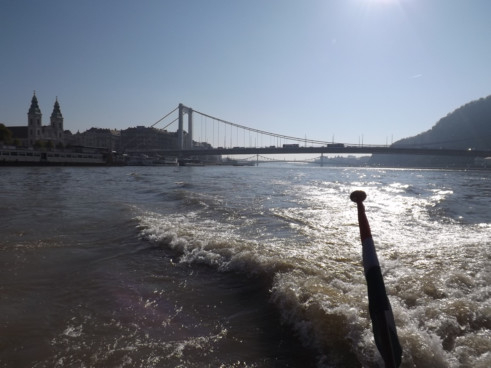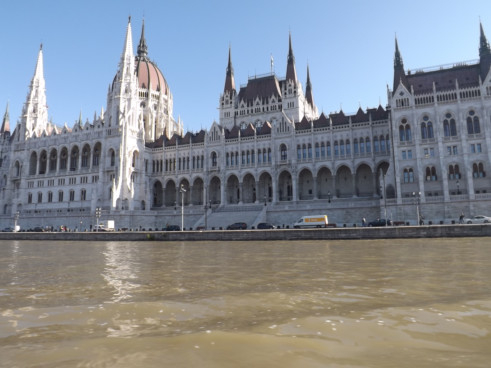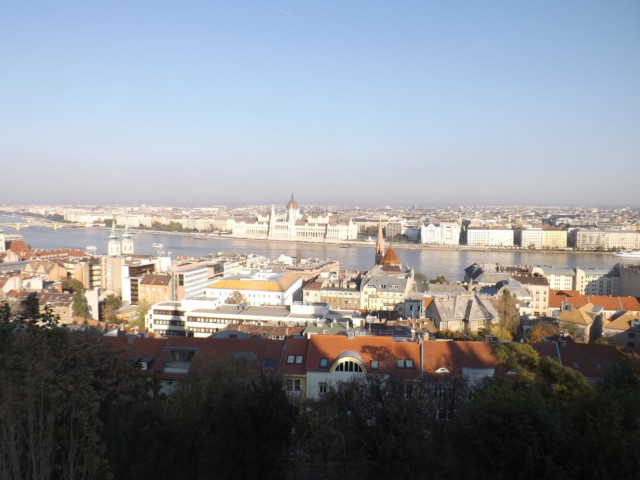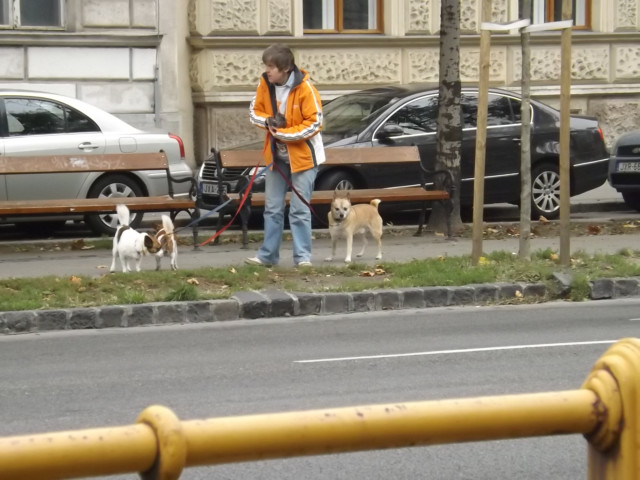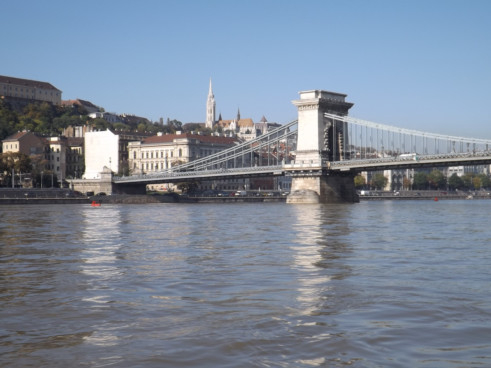
Budapest/Dubai: When in Hungary, don’t talk history. If you do, be prepared to be overwhelmed by it.
Talk to shopkeepers, taxi drivers and even passengers on the tram and if they are Hungarians, you surely will get a dose of history during the course of your conversation.
“We are steeped in history, our country has been invaded by many over the years,” said a street-side bookshop owner in Budapest. Probably that explains it all: from Celts, Romans, Huns, Ottoman occupation to the Soviet Union and Communism, to name a few, Hungary has been invaded and rebuilt a hundred times. And each time Hungarians bounced back with renewed energy.
The door to that rich civilisation is open for all to see in Budapest, the capital. “Have you been to Budapest before?” asked our tour guide Marton Szilagyi — a routine opening question perhaps. “Well, if we have been here before, why do we need a guide,” a random thought crossed my mind, but I kept quiet to let him continue with his version of the country.
Szilagyi, who also speaks fluent Arabic, seemed to be in the wrong profession. With his rapid-fire answers and the downpour of historical facts, he was more fit to be a history professor. The present seemed to have ceased to exist for him because it was the past he breathed in and out throughout the introductory tour.
Warm welcomes
From Pest to Buda (two cities across the Danube River prior to the unification in 1873), in the heart of a landlocked country, our journey was punctuated with warm welcomes, views of remnants from times past and images of the present soaked in grandeur.
“What do you like most about being a Hungarian,” I asked our guide. “Women”, the answer came swiftly. “And, what do you hate the most about the country?” The answer took a while to come by. “Fog”, Szilagyi said without explaining much.
There was no fog when we landed in Budapest. The temperature hovering around 7C was a bit too low for someone used to bright sun and air-conditioned rooms in Dubai.
With many layers of clothes wrapped around, I took to the streets early morning in the hope of discovering Budapest. The streets of Pest were clean and the sidewalks were paved with trees, typically European, but every nook and corner had old-world charm.
People walking dogs or the other way around, I really can’t make out, is a sight to see. Mothers cycling children to school and garbage cleaners on the sidewalks with their massive trucks add rhythm to the lazy morning. Shops here open only after 10am. On way to Heroes Square, I walked past the impressive Andrassy Avenue with its fine cafés, restaurants, theatres and luxury boutiques.
'Pessimism is our worst enemy now'
The picture seems perfect, but not quite so for the people living there. “Hungarians love to stick on, they are used to the comfort zones of their tiny pockets, but nowadays financial security is a major concern and people are leaving for other greener pastures,” said a Hungarian aroma therapist, who claims to practice the traditional Ayurvedic massage, developed thousands of years ago in India. Christina, who wishes to be identified by her first name only, is in her late thirties and has worked with physically challenged people before becoming a masseuse. She too wanted to make some money and move on. “I want to migrate to Vancouver, Canada.”
“Pessimism is our worst enemy now,” said Gabor Dory, director of communications at Corinthia Hotel Budapest. An enemy the country is at present struggling to quell. Many Hungarians have moved to London, Germany or Austria due to the “unsatisfactory economic situation” in their home country.
Though inflation is under check and growth is on an upward scale, the economic prosperity enjoyed by many other European countries is still a distant dream for Hungary.
A boat ride in the mighty Danube River and its banks adored by Liberty statue, the magnificent Parliament building, thermal spas and remains of royalty make one wonder why anyone would want to leave this wonderful place. But who knows what lies beyond layers of history and tales of survival. Probably it’s the desire for more money and comfort or is there some other underlying insecurities that a traveller’s eye cannot spot easily?


